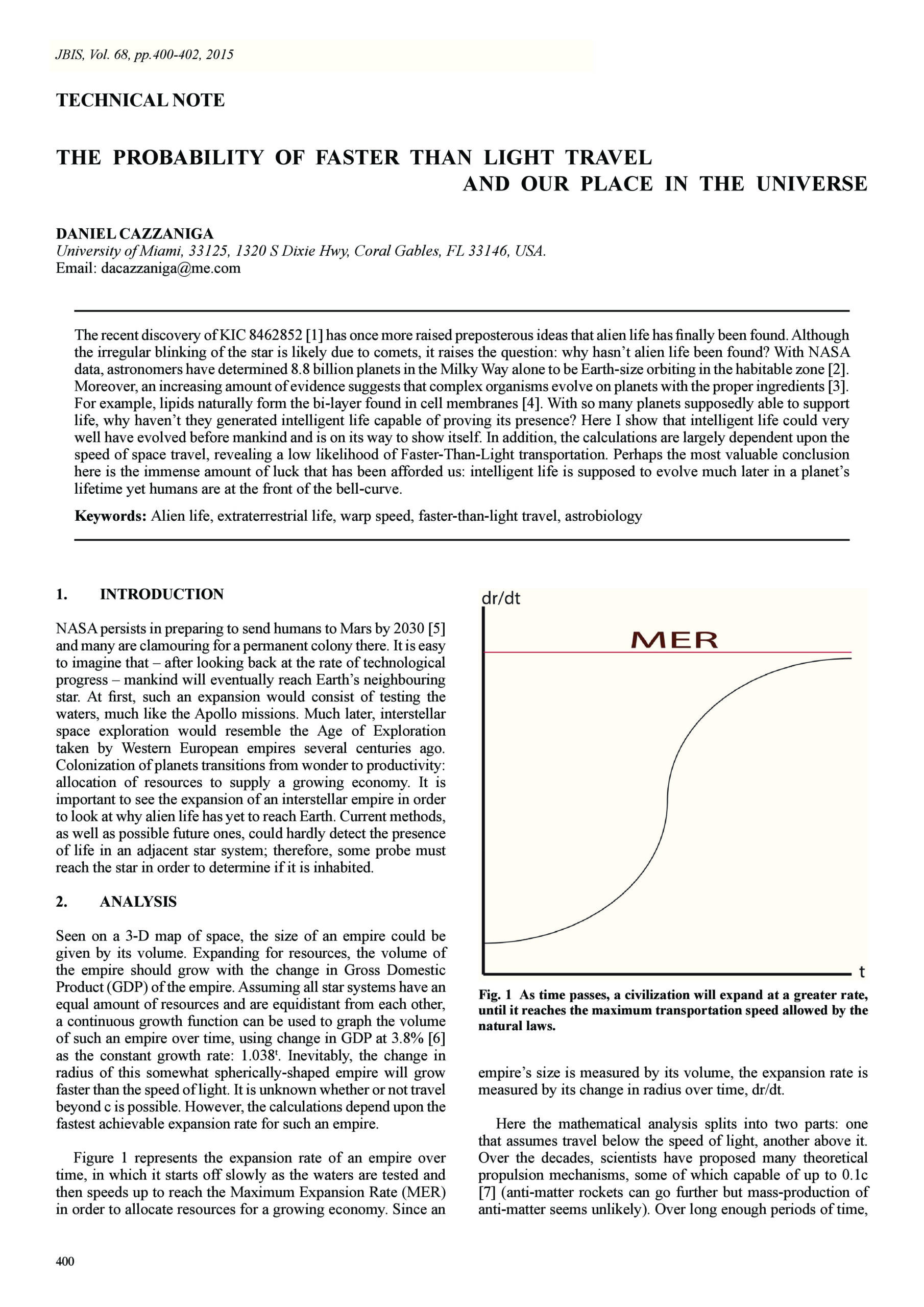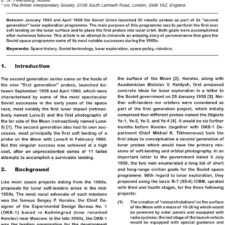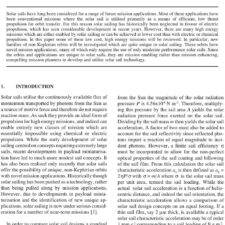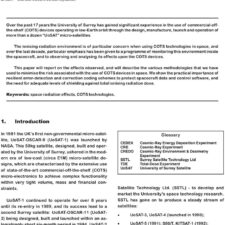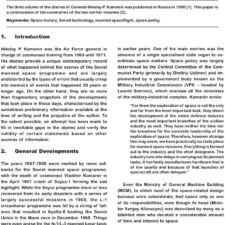Technical Note: The Probability of Faster Than Light Travel and Our Place in the Universe
£5.00
D. Cazzaniga (2015), JBIS, 68, pp.400-402
Refcode: 2015.68.400
Abstract:
The recent discovery of KIC 8462852 [1] has once more raised preposterous ideas that alien life has finally been found. Although the irregular blinking of the star is likely due to comets, it raises the question: why hasn’t alien life been found? With NASA data, astronomers have determined 8.8 billion planets in the Milky Way alone to be Earth-size orbiting in the habitable zone [2]. Moreover, an increasing amount of evidence suggests that complex organisms evolve on planets with the proper ingredients [3]. For example, lipids naturally form the bi-layer found in cell membranes [4]. With so many planets supposedly able to support life, why haven’t they generated intelligent life capable of proving its presence? Here I show that intelligent life could very well have evolved before mankind and is on its way to show itself. In addition, the calculations are largely dependent upon the speed of space travel, revealing a low likelihood of Faster-Than-Light transportation. Perhaps the most valuable conclusion here is the immense amount of luck that has been afforded us: intelligent life is supposed to evolve much later in a planet’s lifetime yet humans are at the front of the bell-curve.

